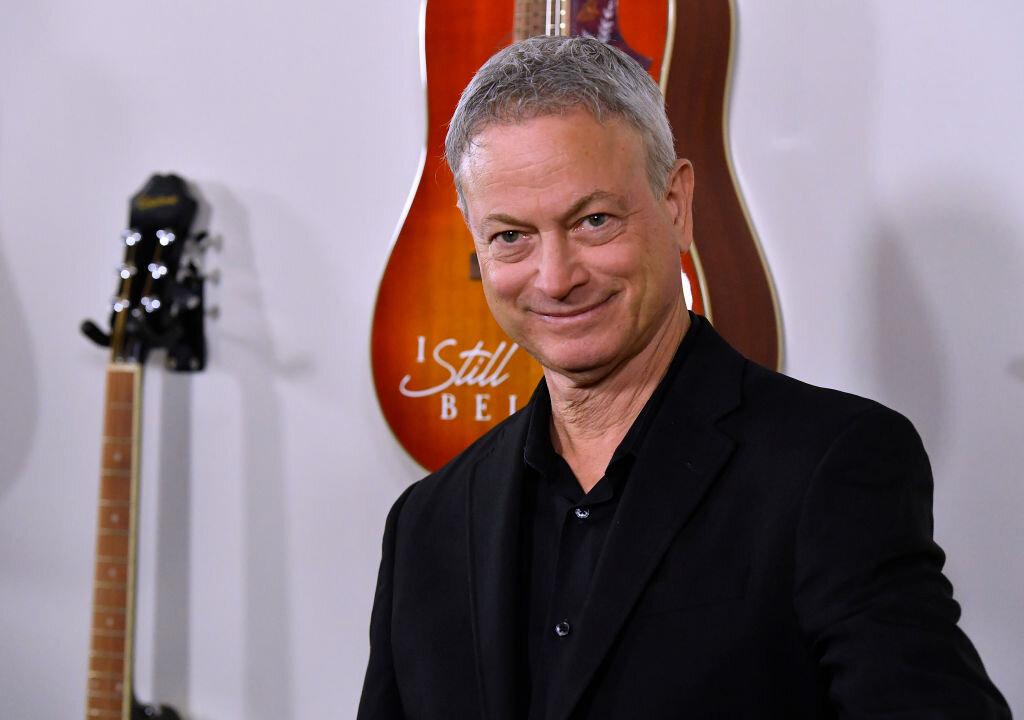A preliminary note: I am well aware that many women are worthy of emulation and admiration. Here I am writing about men, as I have done on several other occasions. Please, dear readers, understand that I hold women in equally high esteem.
In the film “Chariots of Fire,” which focuses on two British runners in the 1924 Olympics, Eric Liddell and Harold Abrahams, Liddell shares this thought with a crowd of admirers: “So where does the power come from, to see the race to its end? From within.”






